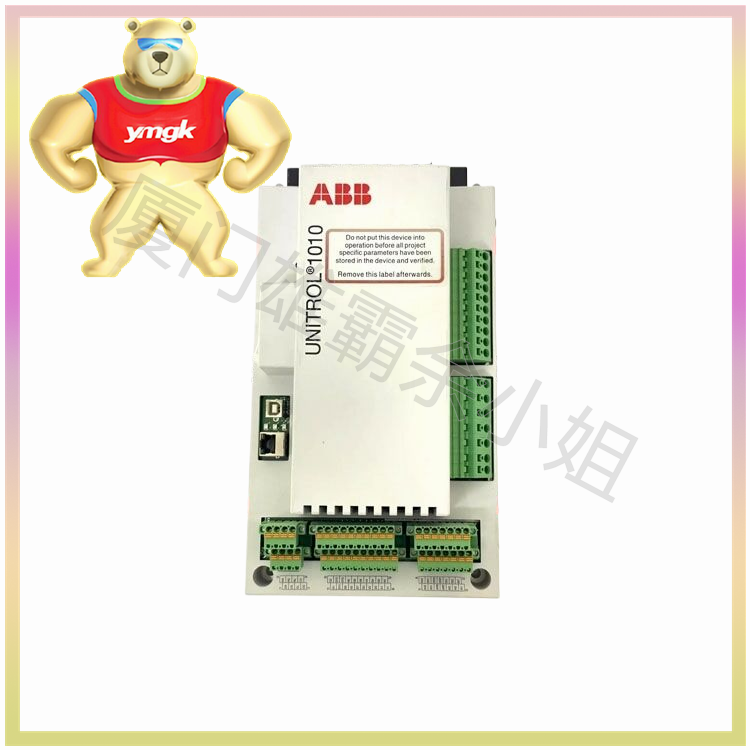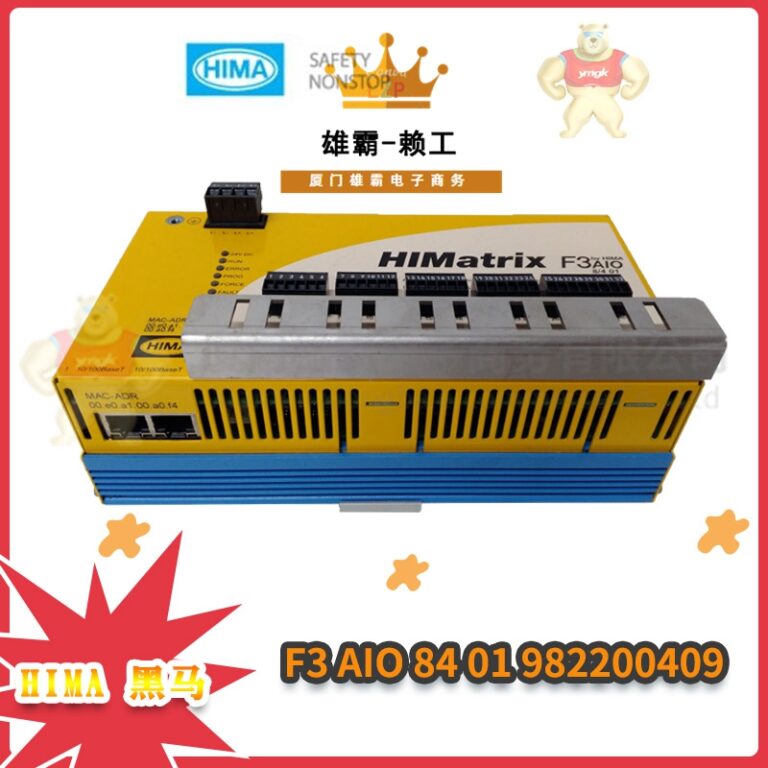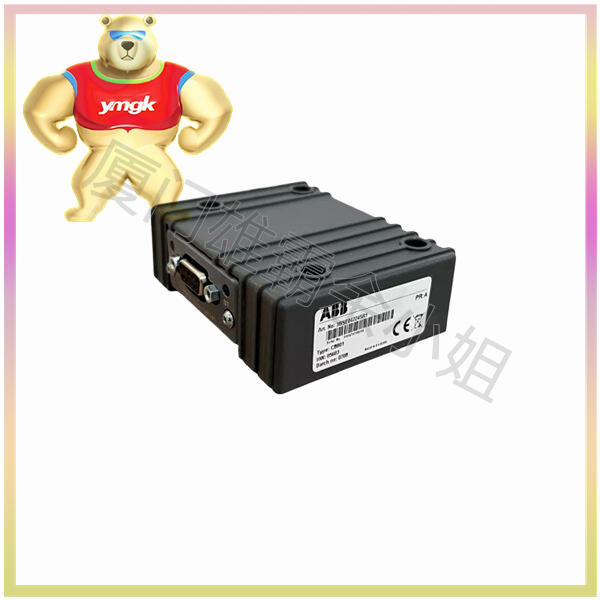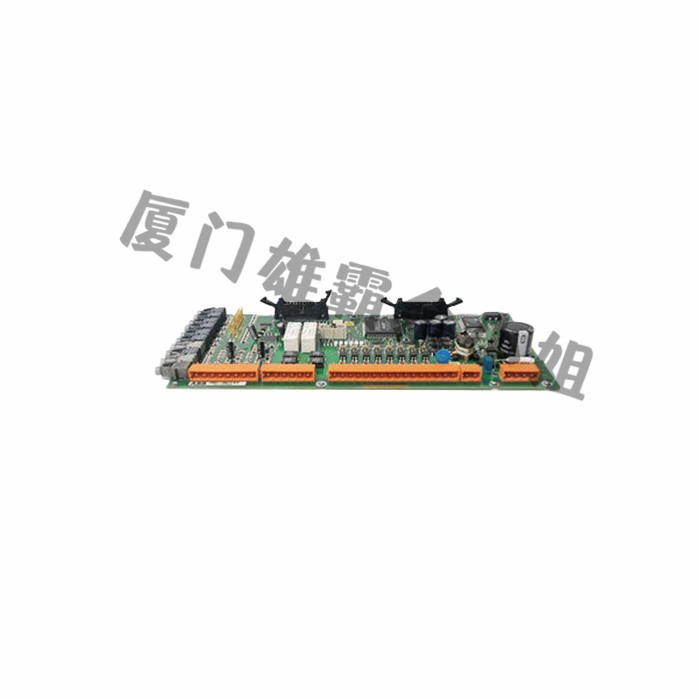Definition and Function of Motor Controller
A motor controller is an electronic device used to control motors, which receives input signals and processes them to control parameters such as motor speed and torque. The main functions of the motor controller include:
Control the operation of the motor: The motor controller can control the starting, stopping, accelerating, decelerating, forward rotation, reverse rotation and other operating states of the motor based on input signals such as gear, throttle, brake and other commands.
Protecting the motor: The motor controller can monitor the operating status of the motor, such as current, voltage, temperature, and other parameters. Once abnormalities are detected, the power can be cut off in a timely manner to prevent motor damage.

Improving motor efficiency: By precisely controlling the speed and torque of the motor, the motor controller can optimize the operating efficiency of the motor and reduce energy consumption.
Implement communication and feedback: The motor controller can communicate with the upper computer, receive instructions from the upper computer, and provide feedback on the motor’s operating status, achieving remote monitoring and control.
3、 The principle of motor controller
The working principle of a motor controller mainly involves three parts: power circuit, control circuit, and drive circuit.
Power circuit: Provides electrical energy to the motor while isolating and protecting the voltage and current between the controller and the power supply. The stability and reliability of the power circuit have a significant impact on the performance of the motor controller.
Control circuit: Based on input signals and set parameters, it controls the on/off of switching devices to achieve control over the speed, direction, and other aspects of the motor. The design of control circuits needs to consider various factors, such as response time, accuracy, stability, etc.
Drive circuit: amplifies the signal output from the control circuit to drive the motor to work. The performance of the driving circuit directly affects the operating effect of the motor.
4、 Classification of Motor Controllers
According to different control principles and implementation methods, motor controllers can be divided into two categories: analog controllers and digital controllers.
Analog controller: Based on analog circuits, it has the advantages of fast response speed and high accuracy, but debugging and modification are more difficult. Analog controllers are widely used in applications that require high response speed and accuracy.
Digital controller: Based on digital chips such as digital signal processors (DSP) or microcontrollers (MCU), it has the advantages of easy debugging and easy upgrading. Digital controllers can implement complex control algorithms through programming, making them suitable for applications that require high intelligence and flexibility.
5、 Application scenarios of motor controllers
Motor controllers are widely used in various devices and systems that require motor drive, such as electric vehicles, industrial automation, robots, aerospace, and other fields.
Electric vehicles: In electric vehicles, the motor controller is one of the key components. It converts the stored electrical energy in the power battery into the electrical energy required to drive the motor based on gear, throttle, brake and other instructions, and controls the starting and running, advancing and retreating speed, climbing force and other driving states of the electric vehicle.
Industrial automation: In the field of industrial automation, motor controllers are widely used in various production lines and mechanical equipment, such as conveyors, robots, machine tools, etc. By precisely controlling the speed and torque of the motor, automated production and operation of the equipment can be achieved.
Robots: In the field of robotics, motor controllers are one of the key components for achieving robot motion. By controlling the speed and direction of the motor, the robot can perform actions such as walking, grabbing, and transporting.
Aerospace: In the aerospace field, motor controllers are used in various aircraft and satellites, such as landing gear, flaps, servos, etc. The high precision and reliability of motor controllers are crucial for ensuring the safety and stability of aircraft.
6、 Summary and Prospect
As the core equipment for controlling the operation of motors, motor controllers play an important role in modern industrial production and daily life. With the continuous advancement of technology and the expansion of application scenarios, the performance and functionality of motor controllers are also constantly improving and perfecting. In the future, with the improvement of intelligence and automation, motor controllers will be applied and developed in more fields.





